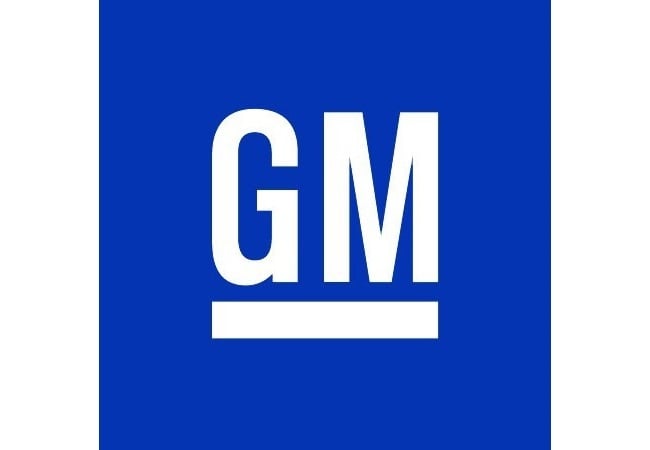Cars and Drivers
Slumping Car Sales in China Contribute to GM 52-Week Low
Published:
Last Updated:

In the first six months of 2015, Chinese consumers purchased just over 12 million vehicles, up 3.7% year over year, well ahead of second-place U.S. consumers, who purchased about 8.5 million vehicles, up 4.4%. China accounted for nearly 28% of the global new car market in the first half of 2015, compared to the U.S. market share of 19.5%.
A weekend story in The Wall Street Journal reported that not only are sales down in China, but carmakers are now slowing production. This could be particularly bad news for General Motors Co. (NYSE: GM). The company’s joint venture with SAIC posted net income of $1.07 billion in the first six months of 2014, compared with $1.02 billion in the first half of this year.
GM does not break out sales and revenues for its non-consolidated affiliates, but the numbers there are even less appealing: sales and revenues in the first half of 2014 totaled $1.55 billion, compared with $876 million in the first half of 2015. A significant share of that drop may be attributed to collapsing sales in Russia, but business in China is getting more difficult.
ALSO READ: The Most Dangerous Cars in America
In its second quarter 10-Q, GM noted:
In China we are seeing a moderation of industry growth and pricing pressures higher than we initially anticipated due primarily to macroeconomic volatility, softening consumer demand particularly in the commercial vehicle segment, increasing competition and other economic factors. As a result, we expect moderate industry growth and pricing pressure to continue, with industry growth expected to be low single digits for 2015 and carryover price reductions to be 2% – 3% higher than our historical experience. … Despite the more challenging industry conditions, our Automotive China JVs generated $1.0 billion of equity income in the six months ended June 30, 2015, and we continue to expect an increase in vehicle sales driven by new vehicle launches and a full year of 2014 launches.
The Wall Street Journal cites research from Sanford C. Bernstein showing that GM’s joint venture with SAIC build 2.4% fewer cars in the first half of 2015 than it did in the same period in 2014. Volkswagen’s joint venture with FAW built 1.2% fewer cars in the same period.
The slowdown in China sales is a very big deal for GM and VW, both of which post about 35% of their global vehicle sales in the Middle Kingdom. GM plans to bring its total manufacturing capacity in China to 5 million vehicles by 2018, up from 3.5 million currently. VW is looking a similar total by 2019, up 40% from today’s capacity. Ford Motor Co. (NYSE: F) has doubled its capacity in China to 1.2 million vehicles in the past three years, according to the Wall Street Journal.
GM traded down about 4.9% this morning to $28.14, after posting a new 52-week low shortly after the opening bell of $24.62. The 52-week high is $38.99, and the consensus price target is $40.00.
ALSO READ: Iconic Car Prices Then and Now
A financial advisor can help you understand the advantages and disadvantages of investment properties. Finding a qualified financial advisor doesn’t have to be hard. SmartAsset’s free tool matches you with up to three financial advisors who serve your area, and you can interview your advisor matches at no cost to decide which one is right for you. If you’re ready to find an advisor who can help you achieve your financial goals, get started now.
Investing in real estate can diversify your portfolio. But expanding your horizons may add additional costs. If you’re an investor looking to minimize expenses, consider checking out online brokerages. They often offer low investment fees, helping you maximize your profit.
Thank you for reading! Have some feedback for us?
Contact the 24/7 Wall St. editorial team.